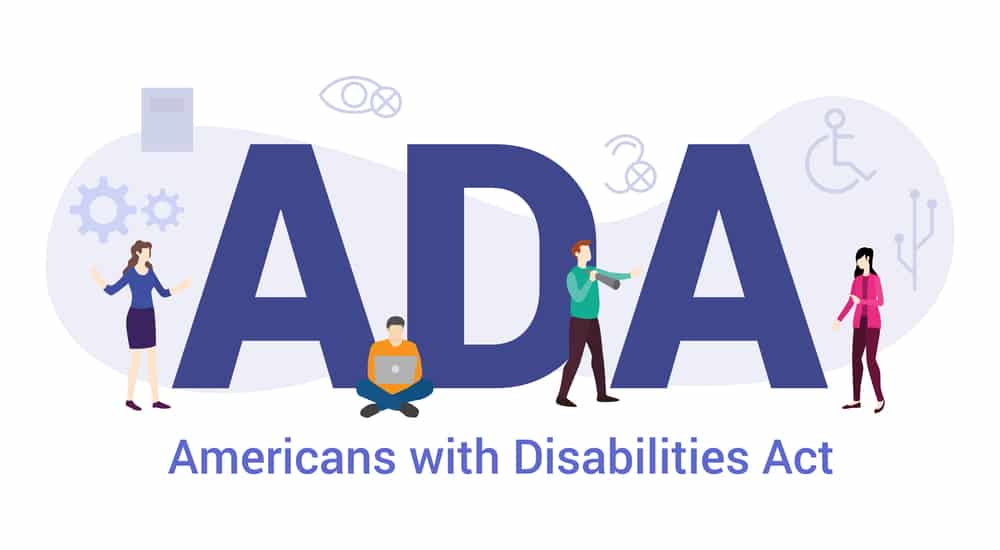Brands, slogans, logos, etc. are known as trademarks. These are the most valuable types of Intellectual Property (IP). Think of the trademark symbols of companies like Nike, Coca-Cola, Starbucks, etc.
Representing some of the largest brands in the world, trademarks often risk becoming generic. Some examples of this are Hoover and Kleenex, where the public associates the brand with similar products. This, and other factors, can cause the trademarks of some products to lose their value.
On the other hand, trademarks are cheap and easy to obtain. Their biggest advantage is that there are no statutory limitations of their lifespan if their owners maintain their registration, keep them in continued use, and enforce their ownership rights.
What does trademark law cover?
Intellectual property law, especially trademarks and branding, is found everywhere in the world. This area of law covers a wide range of effort and creativity that businesses and individuals have invested in. Besides the effort, a lot of money goes into creating these assets. Therefore, their ownership needs protection, otherwise, anyone can steal them.
IP lawyers specialize in trademark law, while also in handling matters like copyright, patents, trade secret projects, and so much more.
What does a trademark lawyer do?
Trademark lawyers must serve as advisers on all intellectual property matters, and if necessary, they must also represent their clients in court. Most trademark lawyers rarely need to represent their clients in courtroom battles but spend most of their time reviewing or producing documents for the filing of various trademarks or patents. They are also called upon to conduct interviews and analyze various technical issues.
IP law firms work with patent and trademark offices in the U.S. as well as globally when filing papers.. As trademark lawyers, they may be called to represent someone in cases where intellectual property is used unfairly. Some cases are very straightforward and are solved with a formal letter. If a lawsuit is filed, the case may lead to a quick settlement, but sometimes a court case is required to resolve the matter.
Trademark and other IP cases can be heard in federal and state courts, but they may also be heard by administrative agencies like the International Trade Commission or the U.S. Patent and Trademark Office.
Trademark lawyers are often called to defend businesses and individuals against “IP-bullies.” This is the name of brands that are over-assertive when policing their trademarks and other intellectual property.
Trademark law is interesting because it often requires law and regulation interpretation. This branch of law needs lots of document preparation. Good communication skills, both oral and verbal, are also essential.
IP lawyers operate in a diverse field and work with many types of businesses, sportsmen, artists, writers, etc. There are also possibilities to work in various capacities, including on retainer, freelance, or full-time.
Education of a trademark lawyer
The completion of law school and passing the state bar exam are basic requirements for anyone wanting to become a lawyer. An undergraduate science or engineering degree is not essential but it is recommended for those wanting to work with patent law. Other common undergraduate majors among non-patent IP law students include political science, history, English, sports or business management, art history, and economics.
Other skills recommended by the American Bar Association include analytical thinking, writing, and editing, problem-solving, critical reading, oral communication, research, and listening. Practical experience is the best way to acquire these attributes. Law schools also offer IP property clinical courses and classes.
Pros and cons of becoming a trademark lawyer
IP law is a specialty that is in high demand; meaning that it is also rewarding and fulfilling. Besides the potential to earn good money, trademark lawyers are also exposed to interesting developments in many areas of technology, science, and other modern disciplines like nanotechnology, biotechnology, self-driving vehicles, etc. They also get to work with an interesting gamma of individuals from all walks of life, not just businesses.
As for the cons, like in all legal fields, this has become a very competitive area of law.



